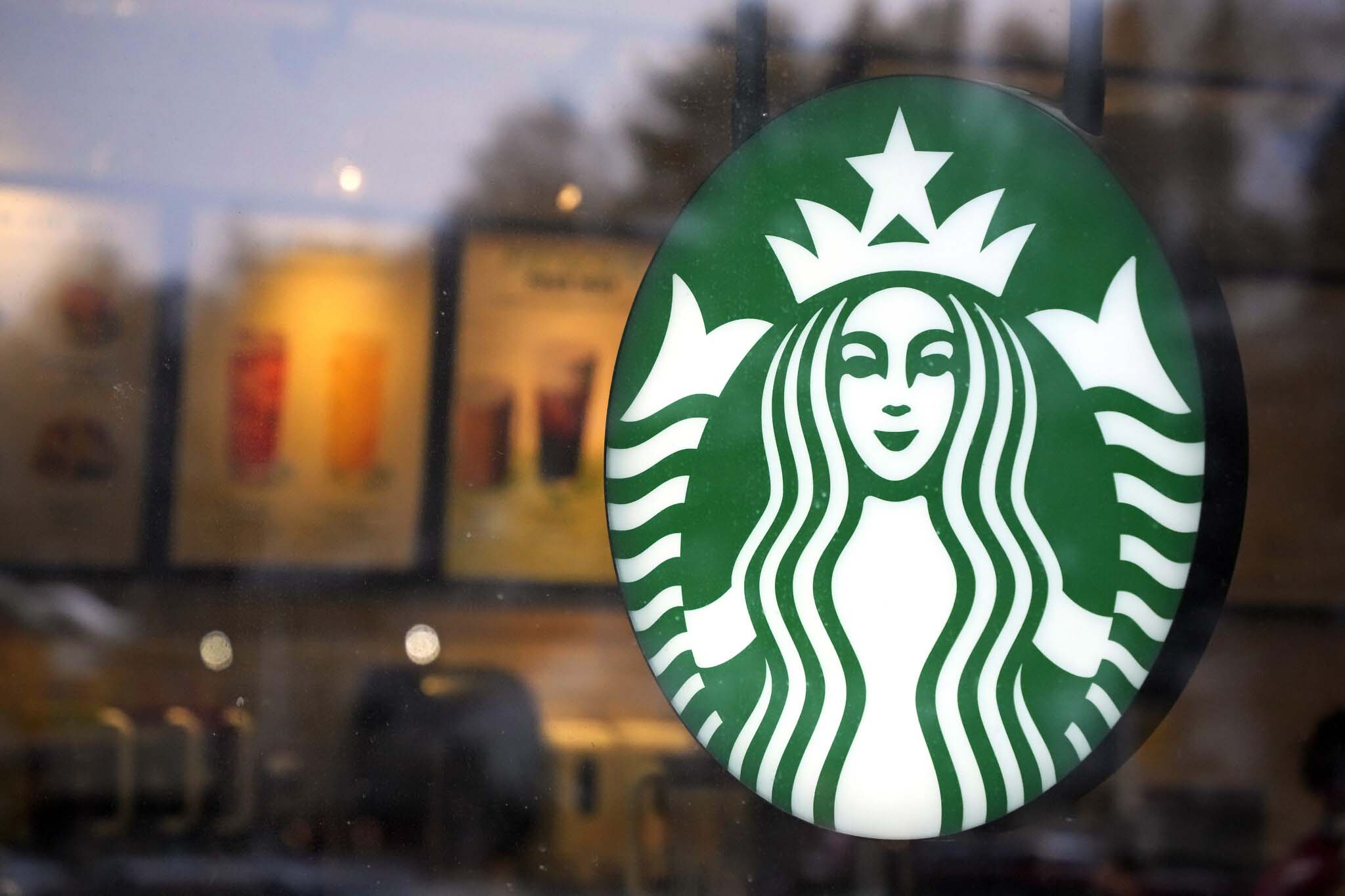In the bustling city of Dubai, the Middle East branch of Starbucks has initiated the termination of its workforce at coffee establishments across the region. This action follows the brand becoming a focal point for activists amid the ongoing Israel-Hamas conflict in the Gaza Strip.
The Alshaya Group, a Kuwait-based private family enterprise holding franchise rights for various Western companies such as The Cheesecake Factory, H&M, and Shake Shack, officially confirmed the workforce reductions at its Middle Eastern and North African outlets. In response to the persistently challenging trading conditions in the past half-year, the statement revealed a regrettable decision to decrease the number of colleagues in their Starbucks MENA stores. Alshaya refrained from disclosing specifics on the number of terminated employees, but Reuters, the first to report on the layoffs, estimated the count to exceed 2,000 individuals. Notably, a significant portion of Alshaya’s staff in the Gulf Arab states comprises foreign workers from Asian nations.
With approximately 1,900 Starbucks branches spread across Bahrain, Egypt, Jordan, Kuwait, Lebanon, Morocco, Oman, Qatar, Saudi Arabia, Turkey, and the United Arab Emirates, Alshaya had previously employed over 19,000 personnel according to the Seattle-based coffee giant. The Starbucks brand, since the initiation of the conflict on October 7, found itself among Western brands facing scrutiny from pro-Palestinian activists. Starbucks has been actively countering what it characterizes as persistently disseminated false and misleading information about the company online.
Expressing a lack of political agenda, Starbucks asserted, “We do not utilize our profits to fund any government or military operations anywhere—and never have.” In October, Starbucks took legal action against Workers United, an organization that has mobilized workers in at least 370 U.S. Starbucks stores. The legal move came in response to a pro-Palestinian message posted on a union’s social media account, with Starbucks aiming to halt the union’s use of its name and likeness. This post triggered protests from pro-Israel demonstrators, while some boycotters contended that the company was inadequately supporting Palestinians in the Gaza Strip.
Despite Starbucks’ revenue reaching a record $9.43 billion for the October-December period, an 8% increase, it fell short of the forecasted $9.6 billion, likely influenced by activist boycotts. Starbucks is not the sole target of activists during the conflict; other brands, including McDonald’s, faced calls for a boycott after a local franchisee in Israel announced in October that it would provide free meals to Israeli soldiers.









